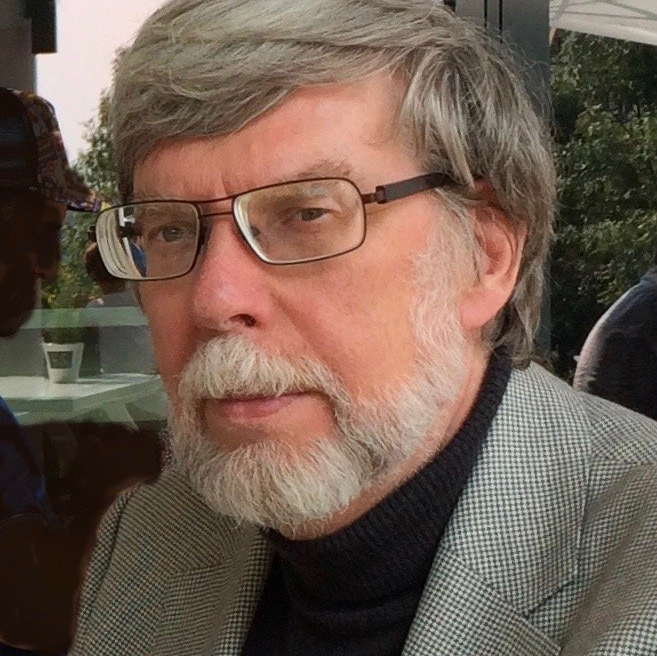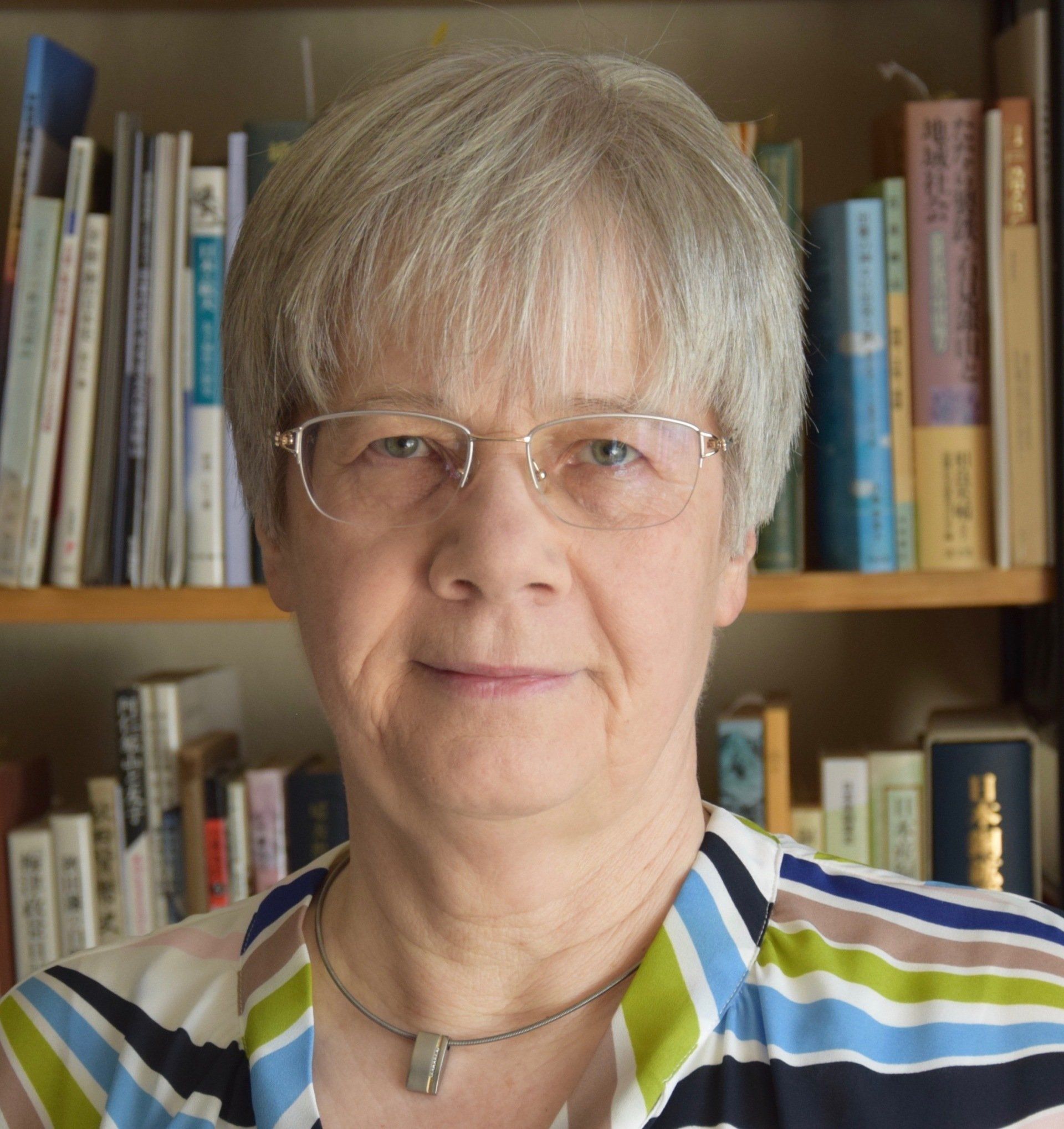Erich Pauer
Erich Pauer, born in 1943, is Austrian and studied Japanese studies, ethnology and social and economic history at the University of Vienna.
After completing his doctorate, he spent two years at the Faculty of Economics at the University of Tokyo as a scholarship holder of the Japanese government. He then worked at the universities of Vienna, Bonn, Freiburg and Trier.
In 1987 he took over the professorship for Japanese studies at the University of Marburg and was responsible for setting up the Japan Centre there with an extensive library. Short and long research stays in Japan followed (including at the Institute for Social Sciences at the University of Tokyo). He retired in 2008.
In 2010 he and Regine Mathias donated their extensive collection of books and other materials to CEEJA. Since then he has been working on a voluntary basis to establish and expand the CEEJA library. Her served as CEEJA vice-president for Japanese Studies from $$$ to 2022.
Regine Mathias
Regine Mathias-Pauer, born in 1950, is a German citizen. After studying Japanese history at the Ruhr University Bochum, she moved to the University of Vienna in 1972, where she studied Japanese studies and social and economic history.
After a one-year stay at Kyūshū University in Fukuoka, she completed her studies with a doctorate in 1977. After several years at the University of Bonn, Regine Mathias-Pauer was appointed professor at the University of Duisburg in 1992.
In 1996 she took over the professorship for Japanese History at the Faculty of East Asian Studies at the Ruhr University Bochum. Research stays in Japan, for example at the Keio University in Tokyo, followed.
As part of her long-term work as an expert and consultant, she was involved in a number of public committees (DFG, Max Weber Foundation, JaDe). She retired in 2016. Since then, she has been working on a voluntary basis at CEEJA and is helping to set up the library.
In 2020, she received the Eugen and Ilse Seiboldt Prize for the promotion of science and understanding between Germany and Japan.
Since 2022, she has been vice-president for Japanese Studies at CEEJA.

Junko Tokue
Junko Tokue holds a Master's degree in Japanese classical literature from Waseda University, Japan, and has worked as a research assistant at the university. She has also taught logic at the College of Medicine and worked as a Japanese teacher at the Alsace Lycée Seijo, accredited by the Japanese Ministry of Education, Culture, Sports, Science and Technology. Since 2006, she has worked at the CEEJA in the research and education sector, teaching at Strasbourg University and supervising master's students at L'EM Strasbourg. Since 2017, she has been responsible for educational and research projects, promoting exchanges between researchers and students from Europe and Japan, as well as supporting the library work.








